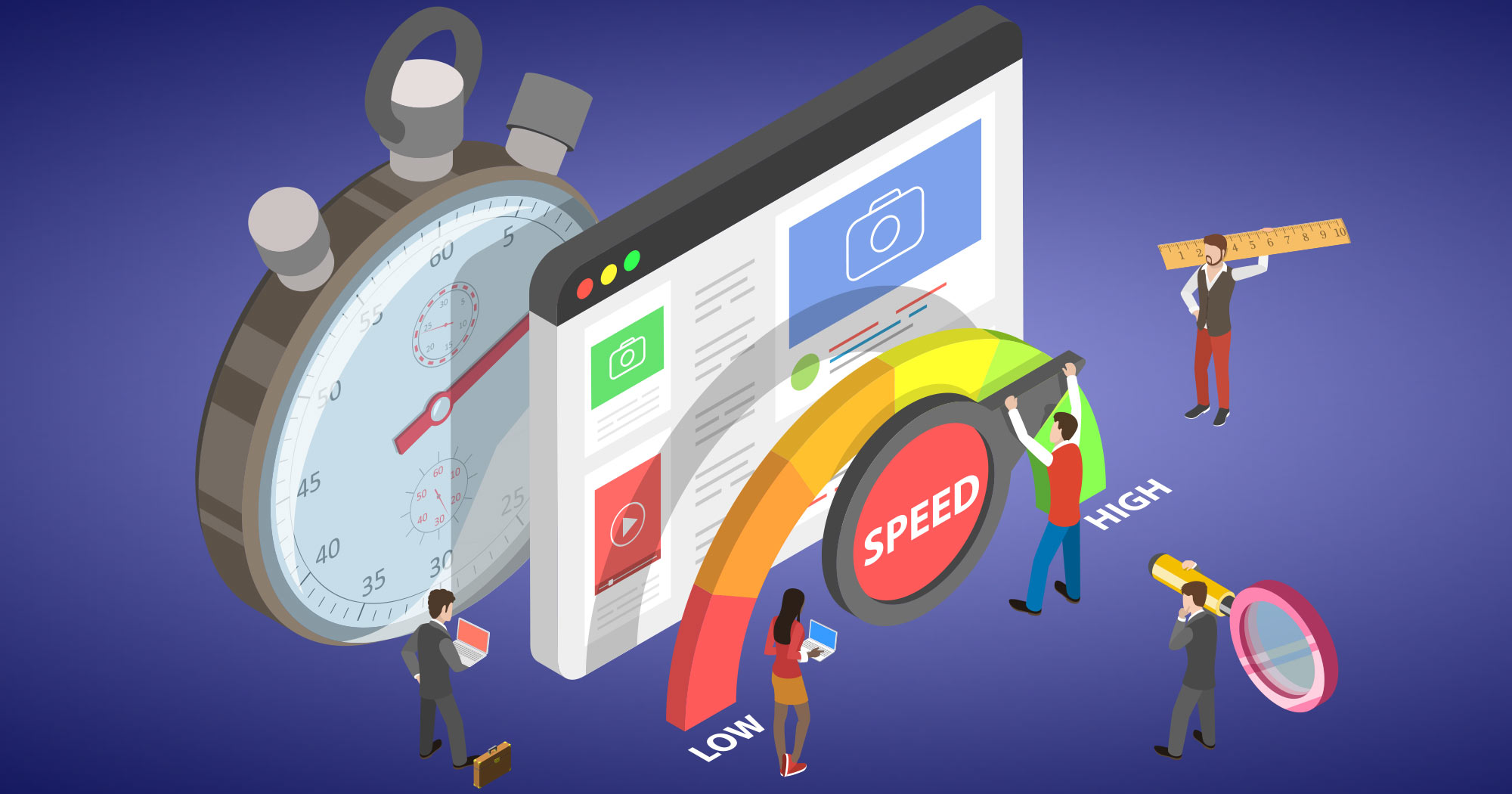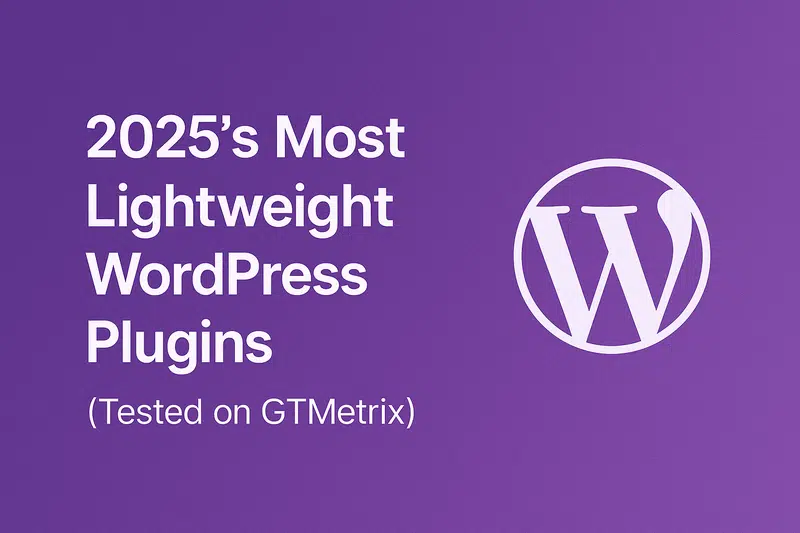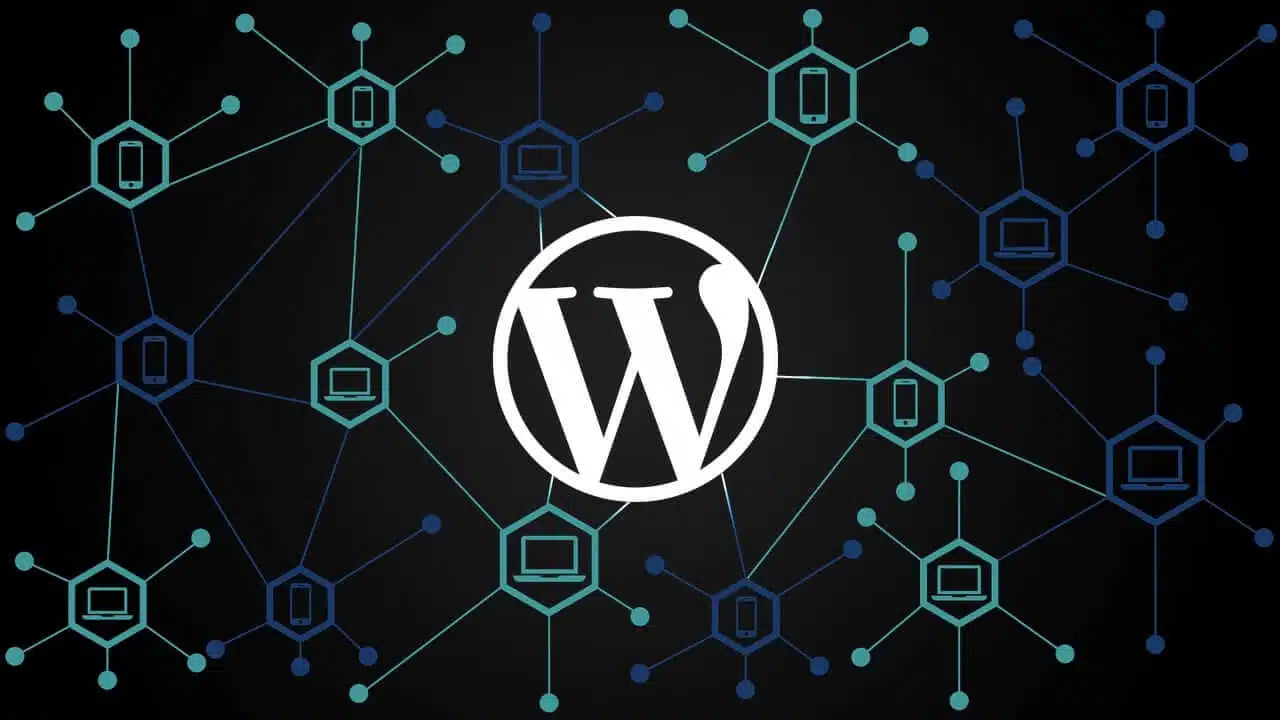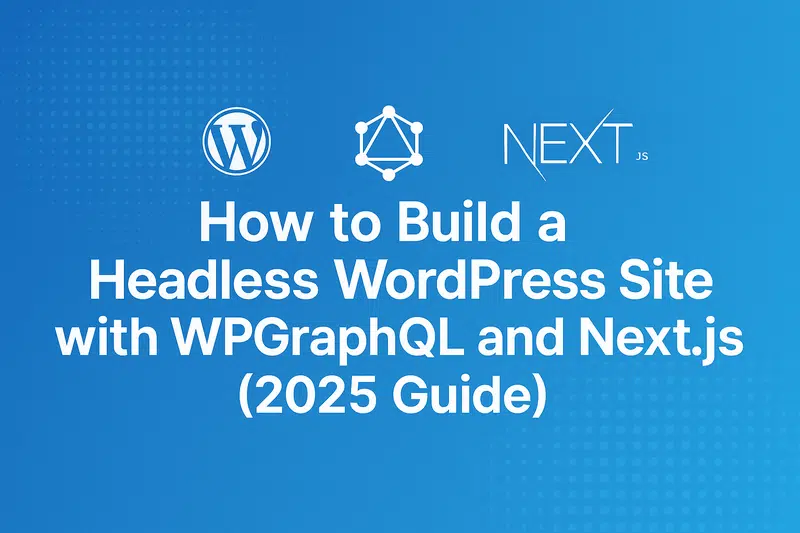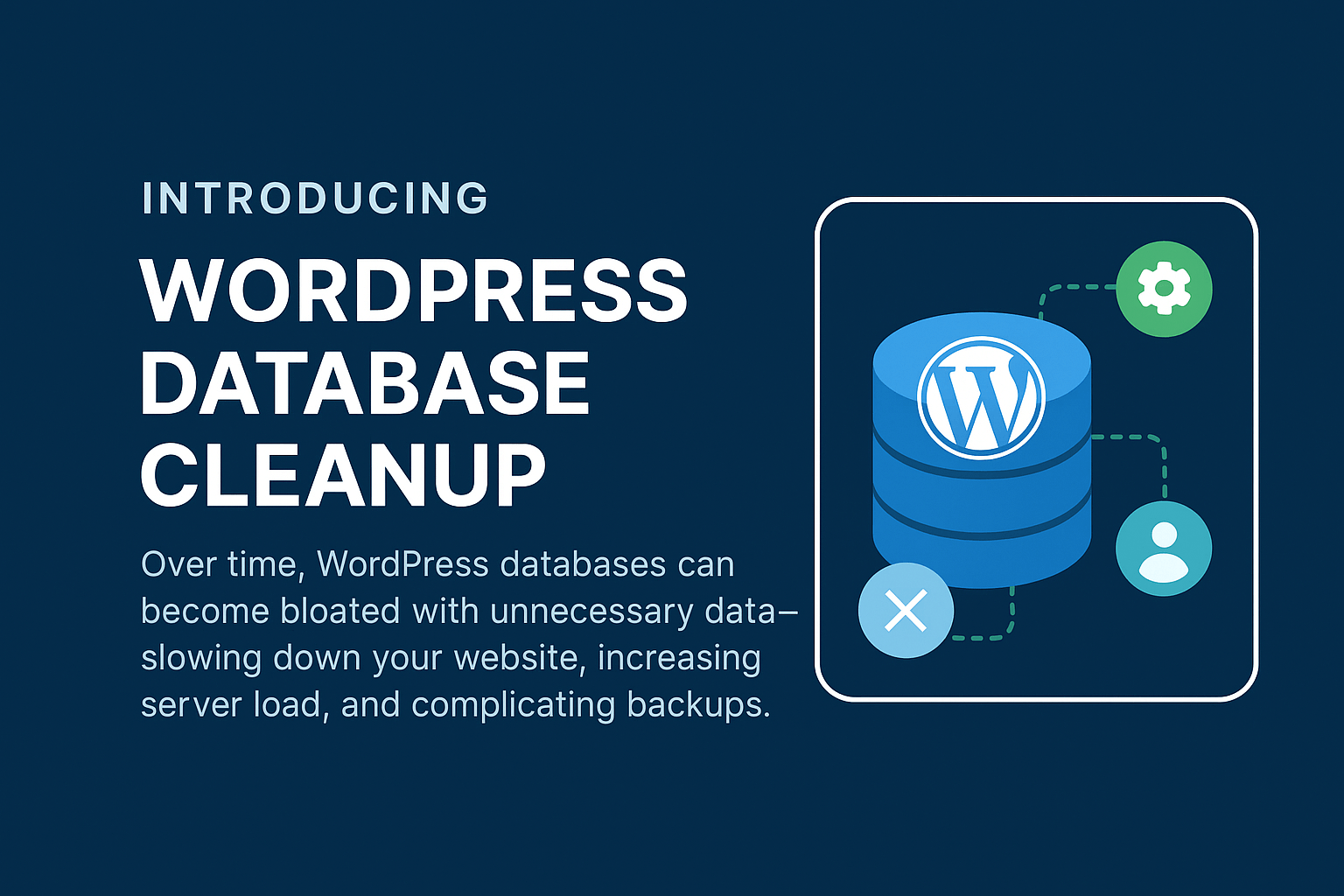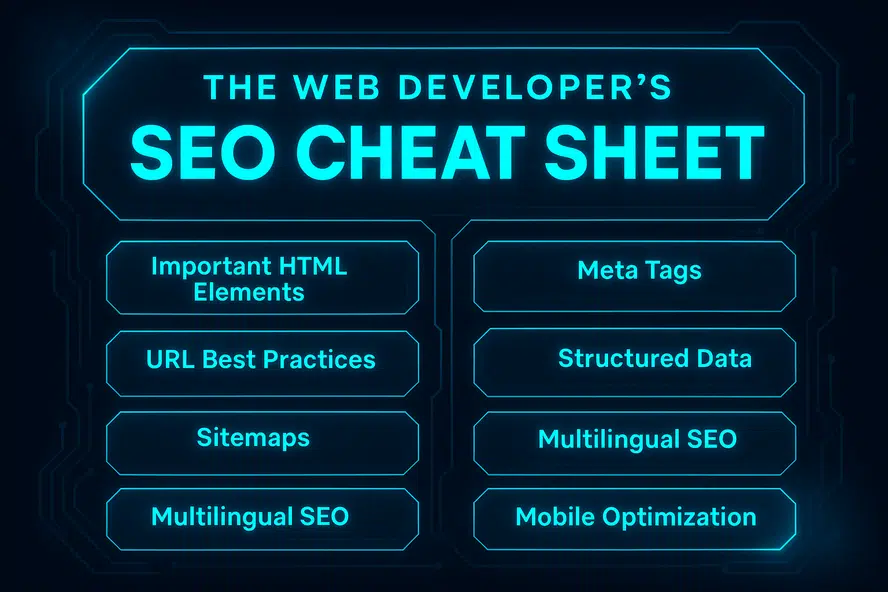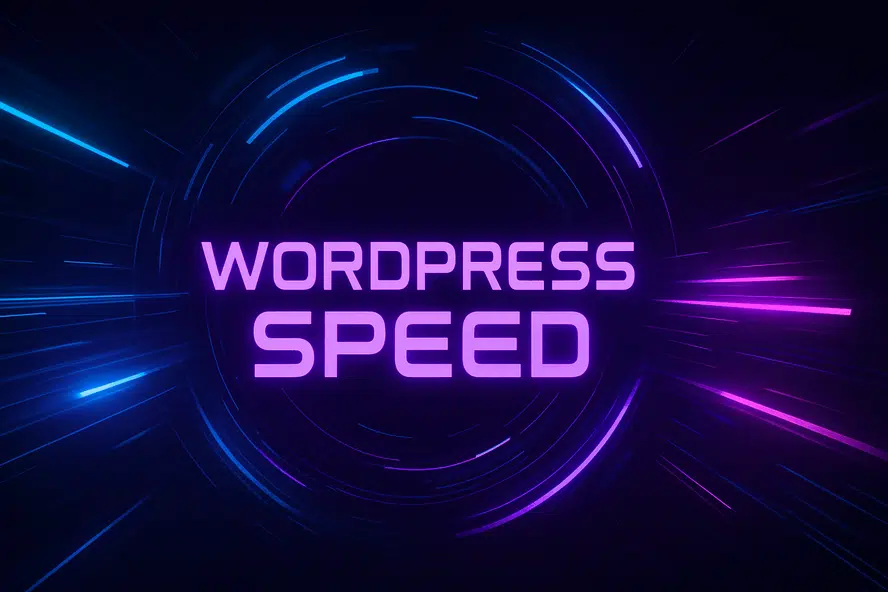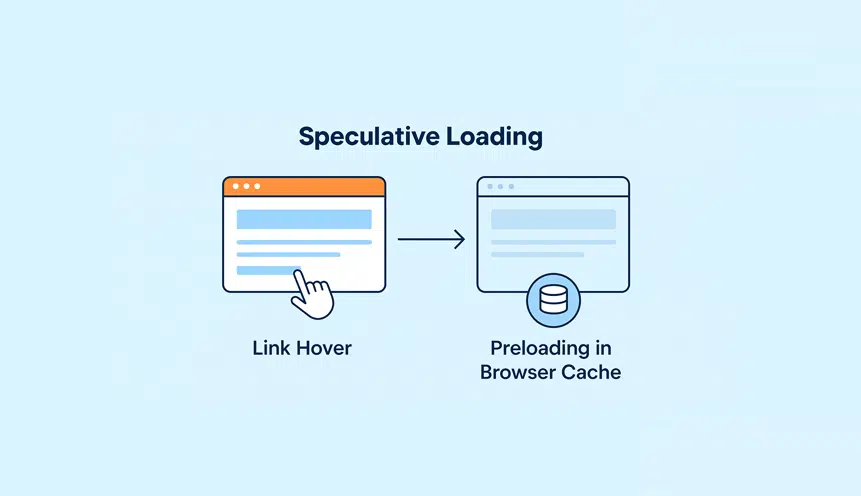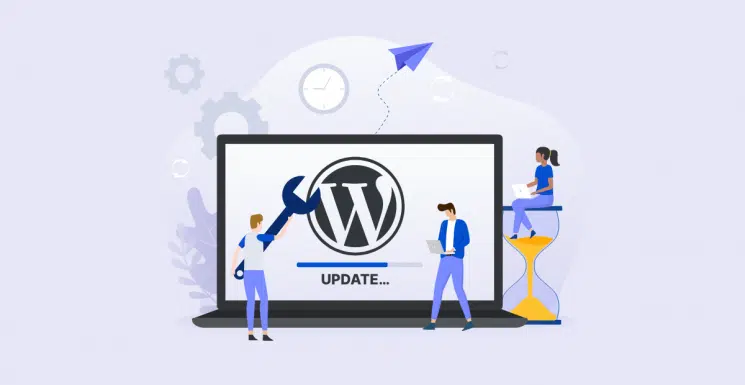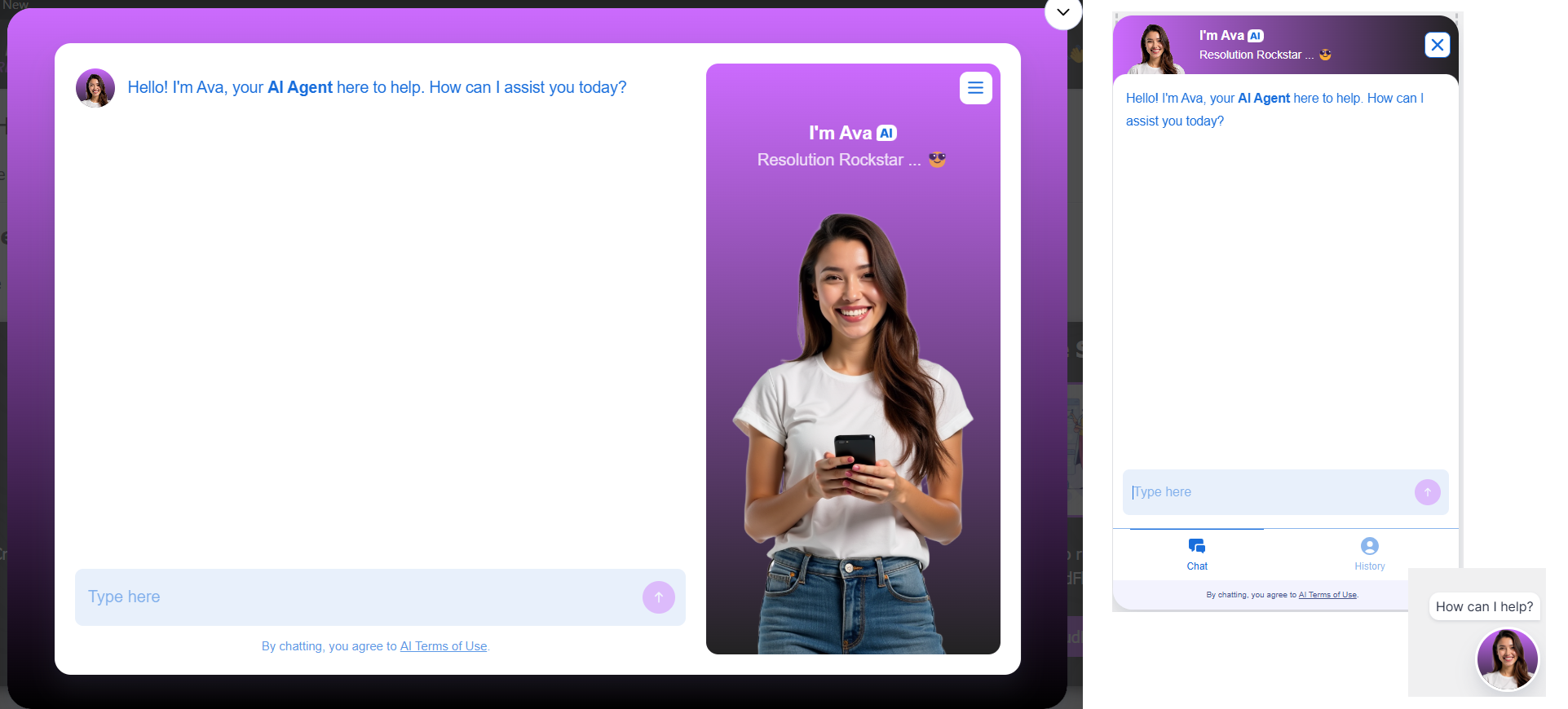Title: Unlock Lightning-Fast Loading: Tips to Speed Up Your WordPress Site
Introduction:
In today’s digital age, speed is of the essence. Users demand lightning-fast loading websites, and search engines favor sites that offer a seamless user experience. Therefore, it is imperative for website owners, especially those built on WordPress, to optimize their sites to maximize loading speed. This article will provide you with valuable tips to speed up your WordPress site, enabling you to enhance user engagement, boost search engine rankings, and ultimately achieve your business goals.
Why is Website Speed Important?
The loading speed of your WordPress site directly impacts user experience. Research shows that users are likely to abandon a site if it takes more than a few seconds to load. Slow-loading sites not only frustrate users but also affect your site’s bounce rate, conversion rates, and ultimately, your revenue.
Additionally, search engines like Google consider site speed as a ranking factor. Slow-loading sites are often penalized, with faster sites taking precedence in search engine results pages (SERPs). Thus, improving your WordPress site’s loading speed not only enhances user satisfaction but also boosts your website’s visibility and organic traffic.
Tips to Speed Up Your WordPress Site:
1. Optimize Images:
Images are often the largest files on a website and contribute significantly to slow-loading speed. Compress and resize images before uploading them to your WordPress media library, or use plugins like Smush or Imagify to automatically optimize images without compromising quality.
2. Use a Caching Plugin:
WordPress caching plugins create static HTML versions of your webpages, resulting in faster loading times. Popular caching plugins like W3 Total Cache and WP Super Cache effortlessly enhance your website’s performance by serving cached content to users, eliminating the need for resource-intensive database computations.
3. Minify CSS and JavaScript Files:
Minimizing the size of your CSS and JavaScript files by removing unnecessary comments, whitespace, and formatting can significantly improve loading times. Use plugins like Autoptimize or WP Rocket to easily minify your site’s code and effortlessly boost performance.
4. Utilize Content Delivery Networks (CDNs):
CDNs work by distributing website files across different servers worldwide, reducing the distance between users and your site’s server. By caching and delivering content from the nearest server location, CDNs like Cloudflare, StackPath, and KeyCDN can drastically reduce latency and improve loading speed.
5. Optimize Database:
Regularly clean up your WordPress database by removing unnecessary data, such as spam comments, post revisions, and transients. Plugins like WP-Optimize or WP-Sweep automate this process, reducing database bloat and optimizing query execution times.
6. Enable GZIP Compression:
GZIP compression allows files to be compressed and sent to users’ browsers more quickly. This reduces file sizes, leading to faster loading speeds. Most caching plugins offer GZIP compression as a feature, but you can also enable it manually by adding code to your .htaccess file.
FAQs – Frequently Asked Questions:
1. How can I test my WordPress site’s loading speed?
There are multiple tools available to test your site’s loading speed, such as GTmetrix, Google PageSpeed Insights, and Pingdom. These tools provide detailed reports on current loading times, along with suggestions to improve site performance.
2. Will using too many plugins slow down my WordPress site?
Using too many plugins can indeed affect your site’s loading speed. Each plugin adds extra code that can increase the time it takes to render a page. It is recommended to only install essential plugins, choose lightweight alternatives, and regularly review and remove unnecessary plugins.
3. Why is my WordPress site still slow after implementing these tips?
Website speed is influenced by various factors, including Hosting quality, server response time, and the complexity of your site’s theme and plugins. If your site remains slow after implementing these tips, consider upgrading your Hosting plan or consulting a website performance expert.
Conclusion:
In today’s fast-paced digital landscape, optimizing your WordPress site for lightning-fast loading times is crucial. By following the tips mentioned above, such as image optimization, caching, minification, and utilizing CDNs, you can dramatically enhance your website’s loading speed, providing an unparalleled user experience and boosting your online presence. Remember, speed is a vital component for success in the highly competitive online world, ultimately contributing to increased conversions, improved SEO rankings, and higher customer satisfaction.
Post Summary:
In order to meet user demands and improve search engine rankings, it is essential for website owners, especially those using WordPress, to optimize their site’s loading speed. Slow-loading sites can negatively impact user experience, bounce rates, and revenue. Additionally, search engines like Google prioritize faster sites in the search results. To speed up a WordPress site, it is recommended to optimize images, use caching plugins, minify CSS and JavaScript files, utilize content delivery networks (CDNs), optimize the database, and enable GZIP compression. Testing site speed and addressing other factors like Hosting quality may also be necessary. By following these tips, website owners can achieve faster loading times and improve user engagement and online visibility.





